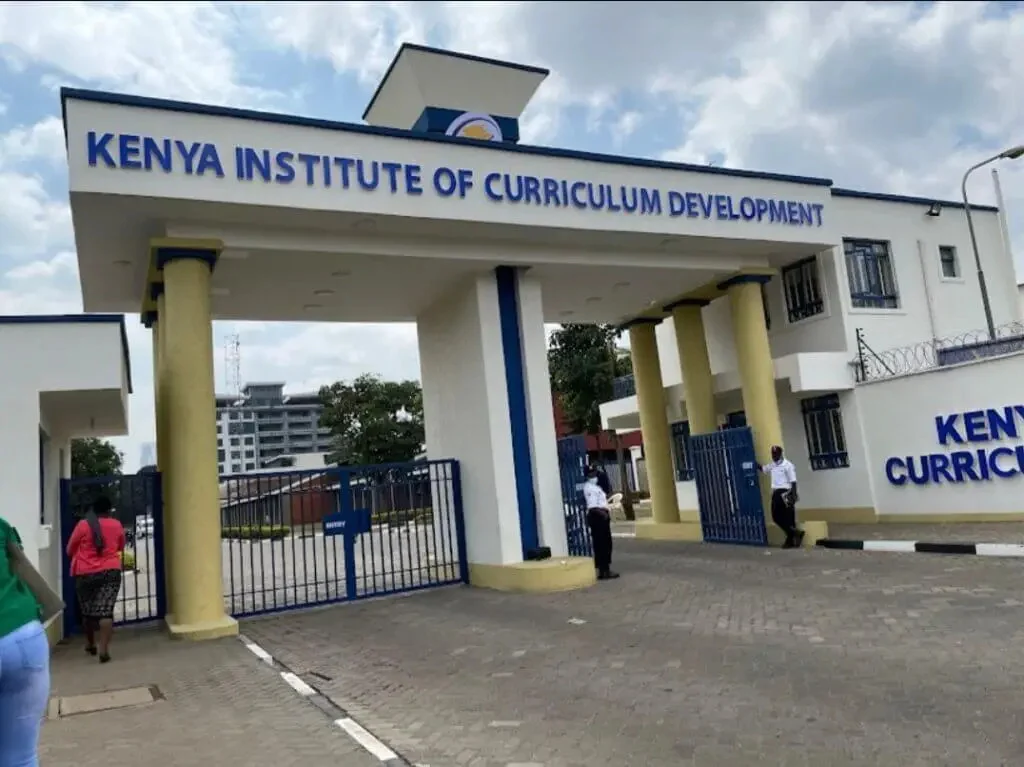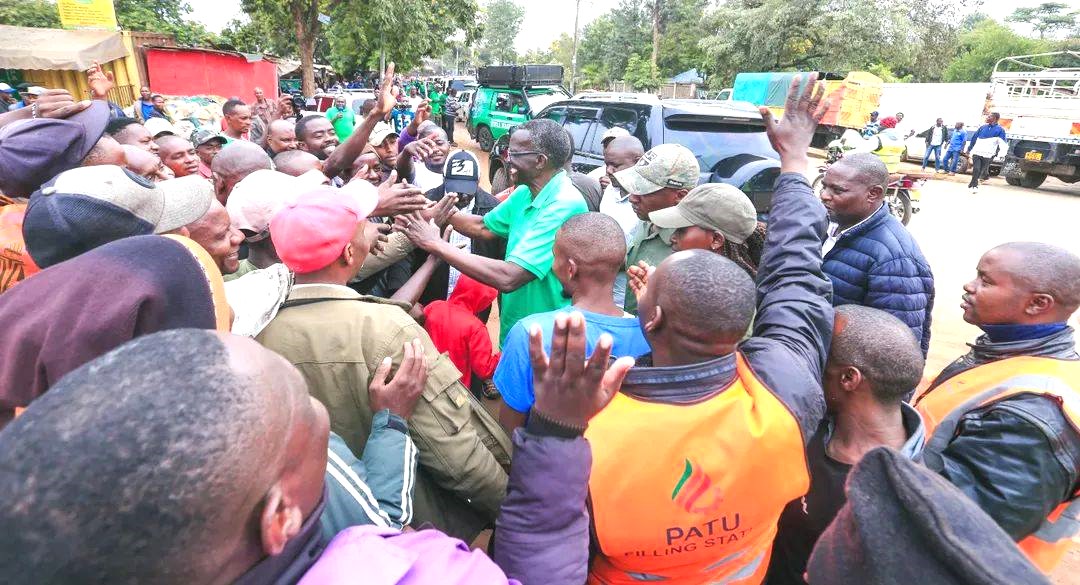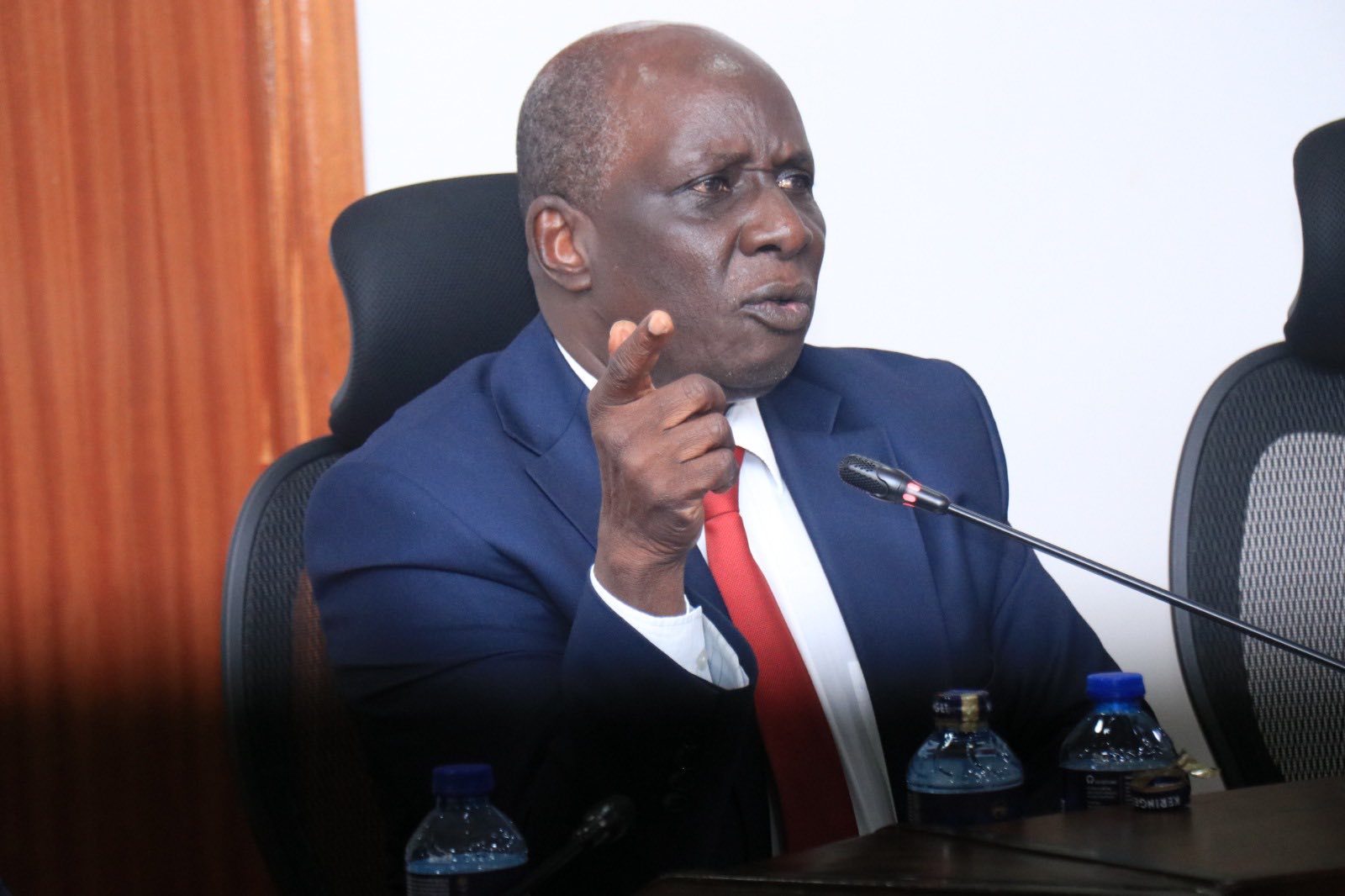By Hilton Mwabili
The future of Kenya’s literacy could be in jeopardy as more than 852,000 children aged between six and 17 years are out of school this year alone.
This is according to recent report released by Ministry of Education.
The reports puts Mandera County at the top of counties leading with school dropouts, with a total of 124,800 children out of school, representing a 15 per cent of the total primary school population.
Releasing the statistics, while addressing the 14th Kenya Primary School Heads Association annual delegates conference at Sheikh Zayed Centre Mombasa, Primary School education Director Habat Abdi said a third of the 852,000 out of school children are those living with disabilities.
Garissa comes second with 8.9 per cent of children who don’t go to school followed by Wajir, Turkana, West Pokot, Isiolo, Marsabit, Tana River and Nairobi respectively.
“The numbers is alarming, Mandera represent 15 percent of the children who do not go to school in Kenya, Turkana 10 per cent, Garissa 8.9 per cent and Wajir 6.7 per cent,” said Abdi.
Those worst hit by the cases are girls from poor families and those who drop out of school due to sickness and indiscipline.
The report comes even as the Government strives to achieve 100 per cent transition of learners from primary schools to secondary school.
“Six out 10 children are out of school due to poverty. Education is not a priority in these families. Many of them are in dire need of help,” Abdi said. The Director said for the problem to be resolved, parents should be encouraged to take their children to school early.
“Children who join Early Childhood Development Centres (ECD) are likely to enroll for primary education.
The education official called for alternative learning programmes, informal education, and mobile schools for nomadic communities, multi-grading systems and inclusive education for those living with disabilities.
In the case of informal education, learners are allowed to do their chores during the day and learn in the evening after the other children leave.
“The Lechukuti Pastoralists School in Samburu is a good example, where programmes run from 5 pm to 8 pm. During the day, they are allowed to go herd cattle,” said Abdi.
In the case of ‘mobile schools’, migrating parents are allowed to enroll their children temporarily in a multi-grading system. A single room is used to accommodate several classes and one teacher put in charge of all learners.
Pastoralist communities in North Eastern region are predominantly Muslims. Madrassa centres are, therefore, available at nearby mosques to where the government can deploy teachers for formal education.
The concerns emerge as Education Cabinet Secretary Amina Mohammed asked parents with disabled children to immediately report to any education office to ensure their children get education.
“There should be no child missing school because of disability”, said Mohammed.





